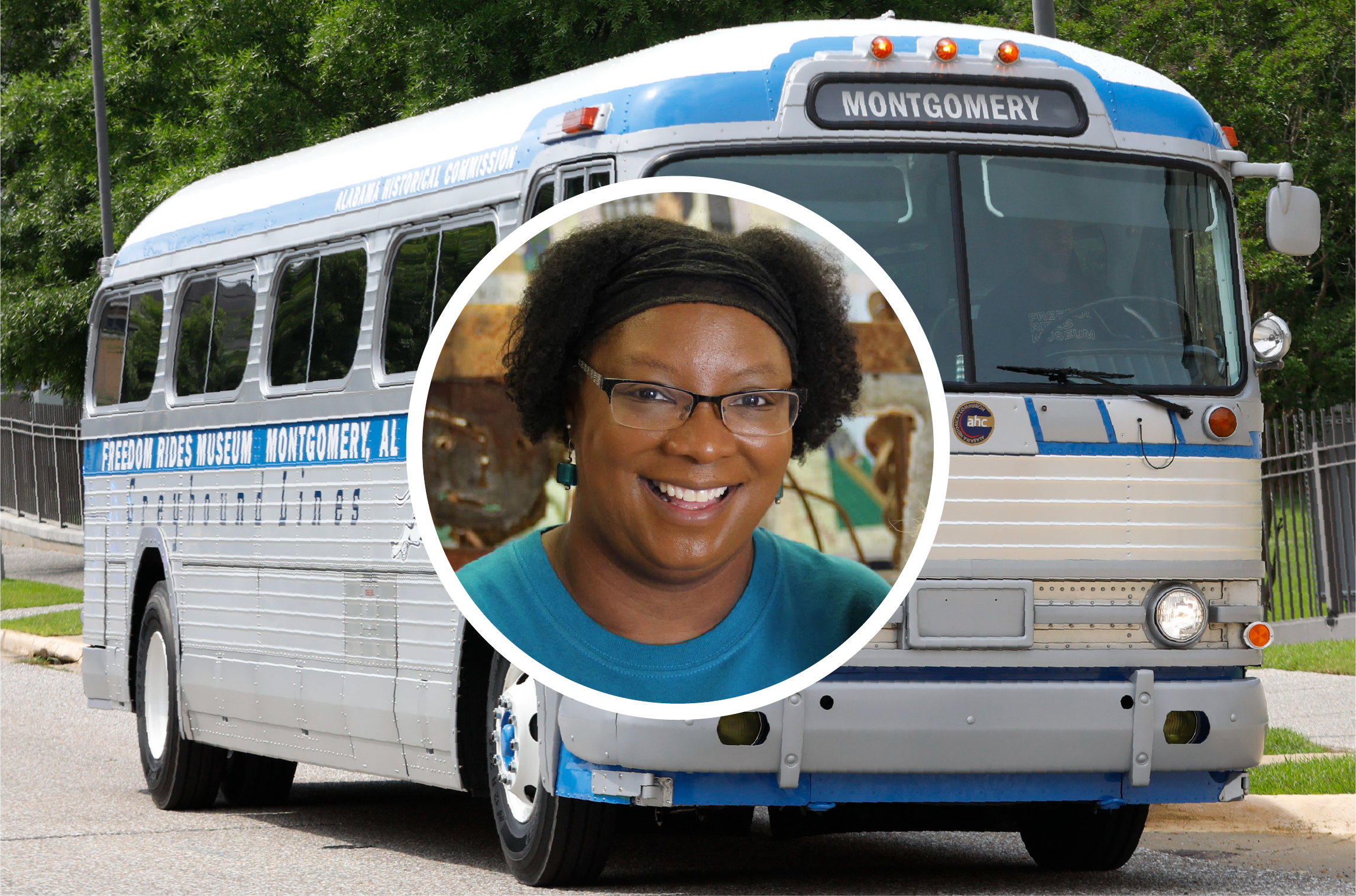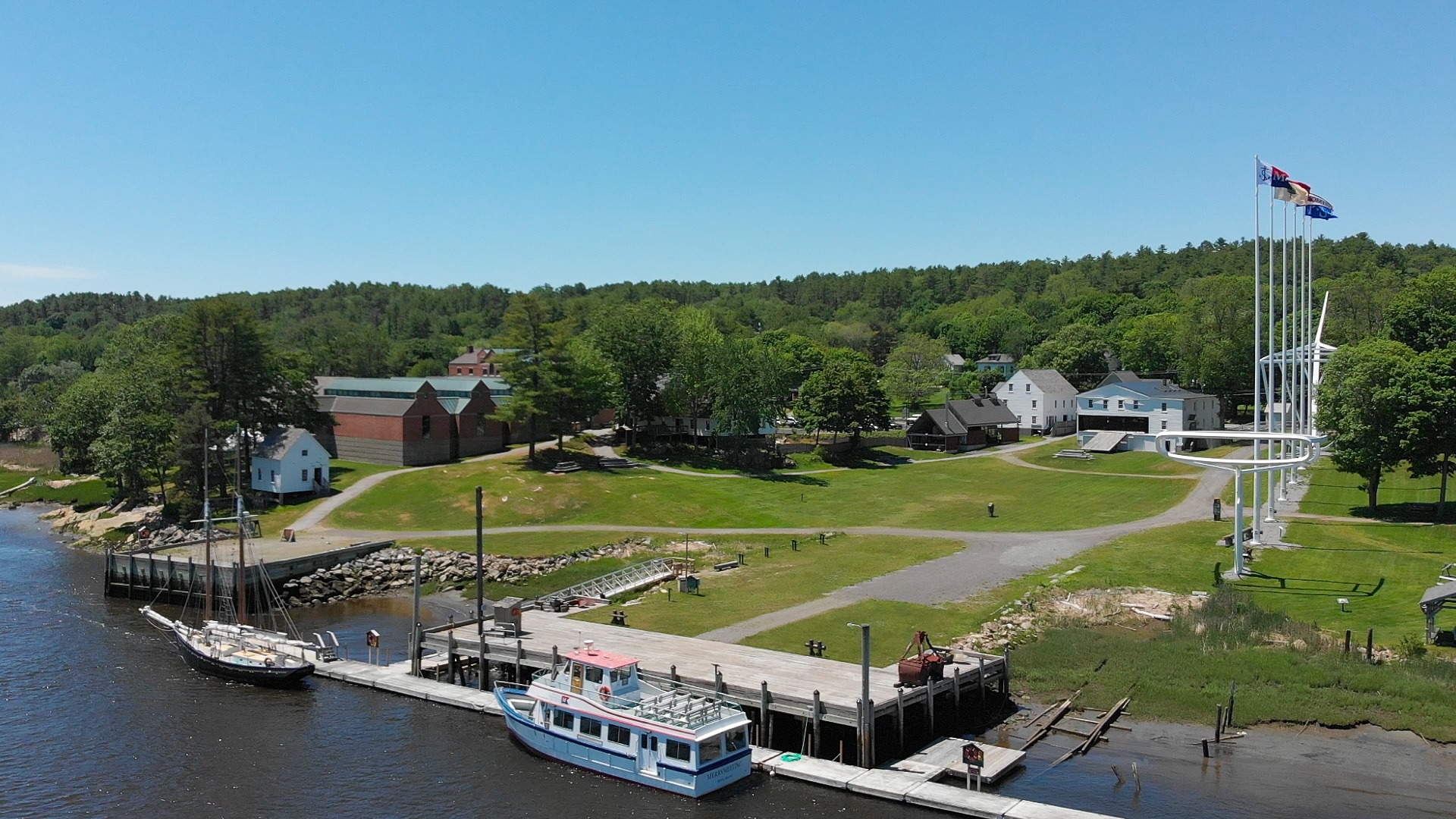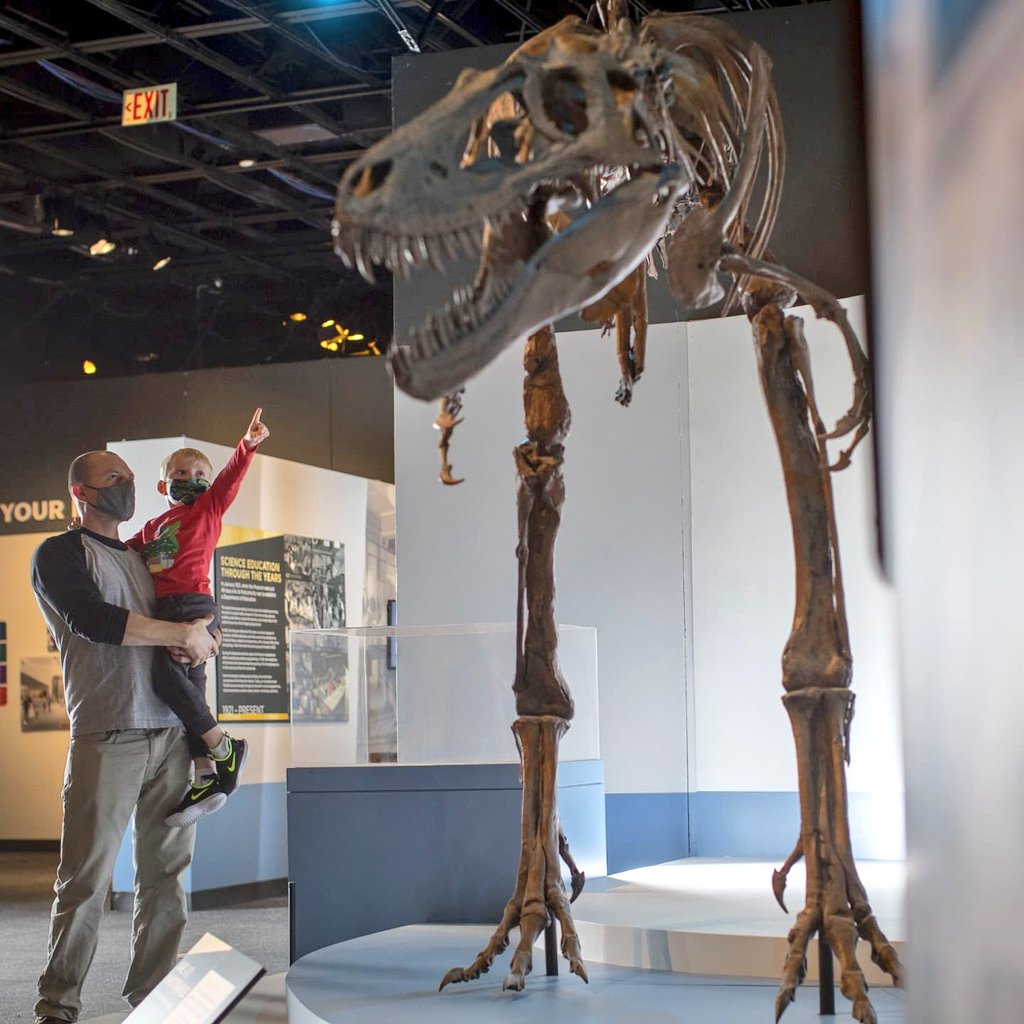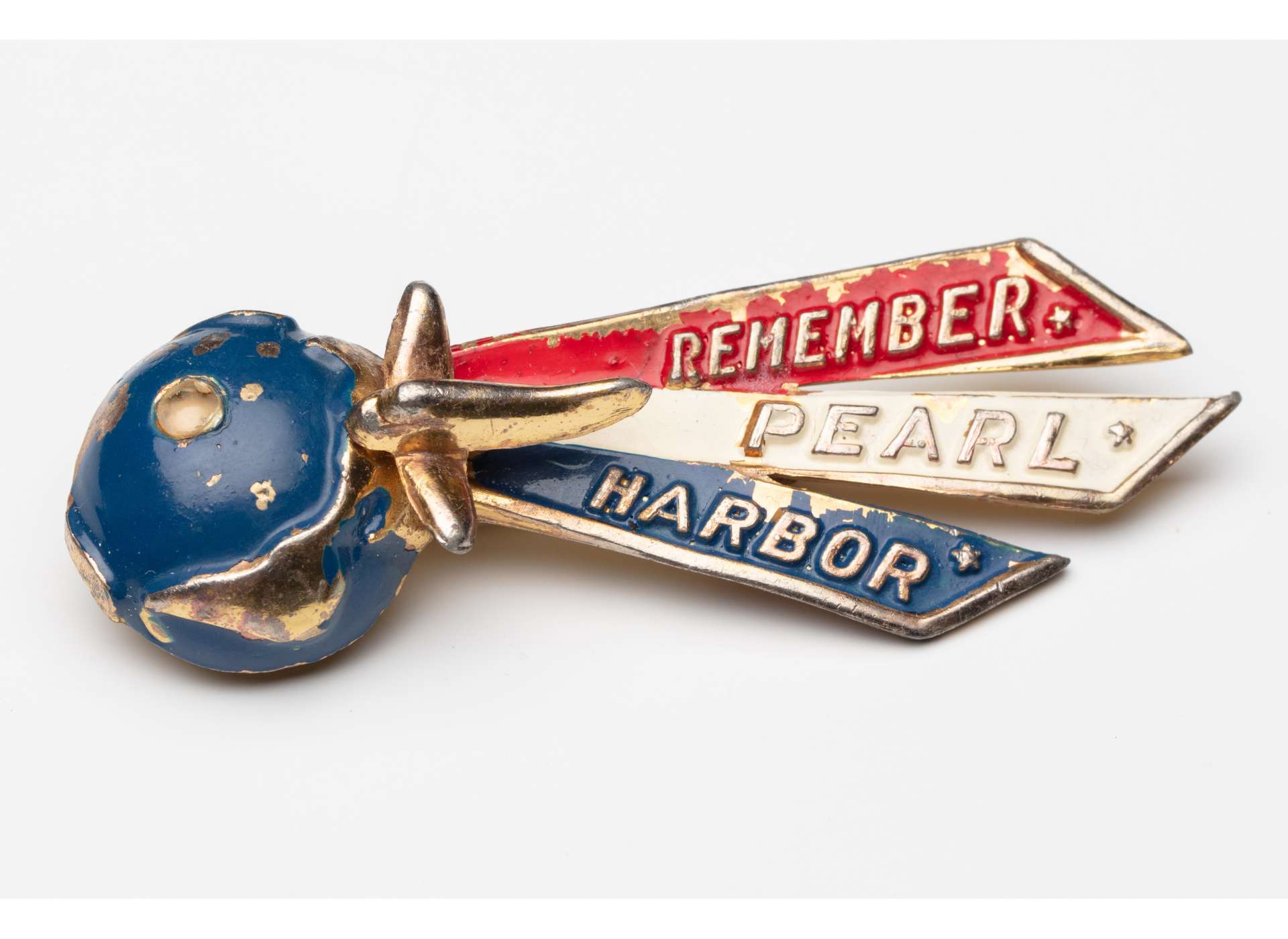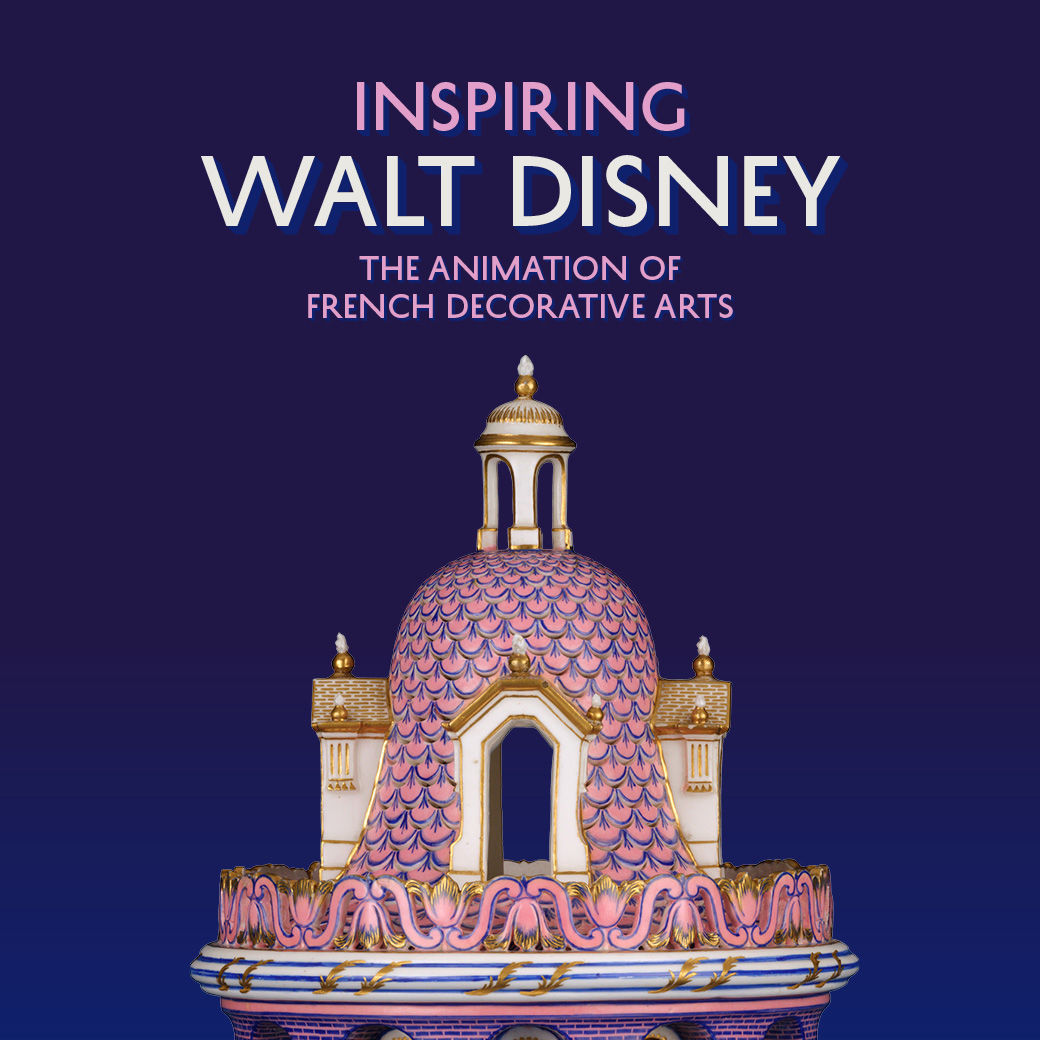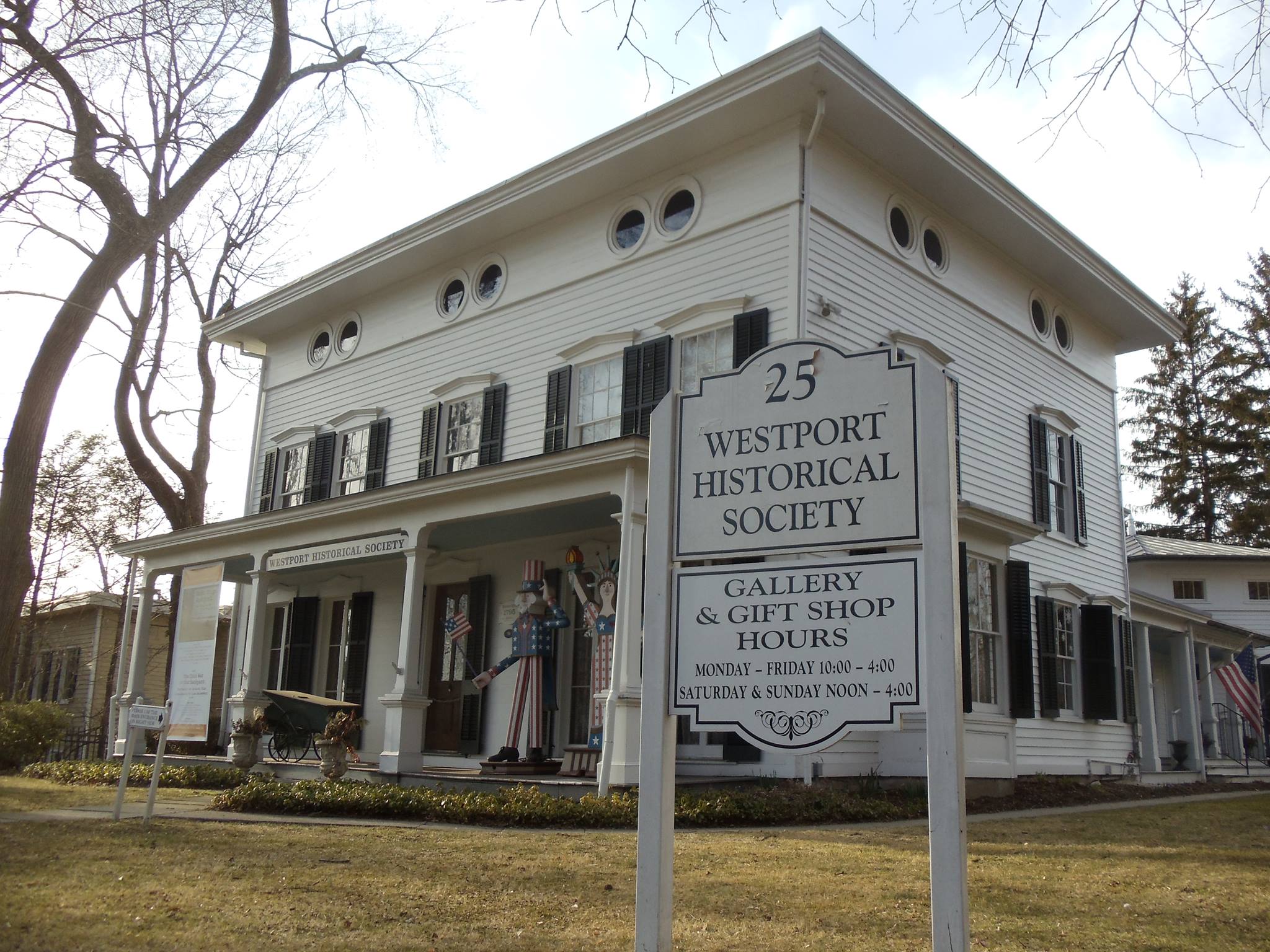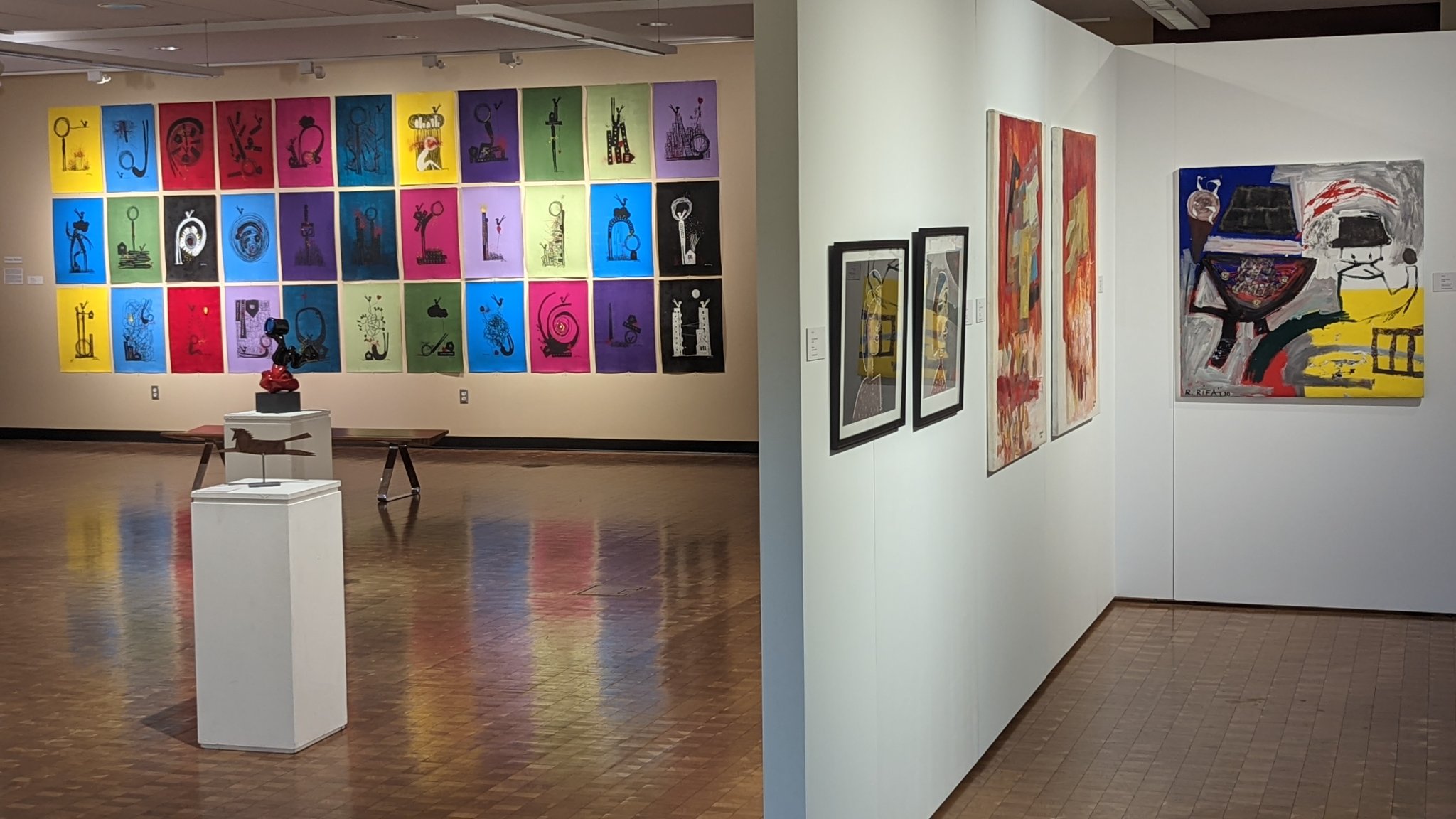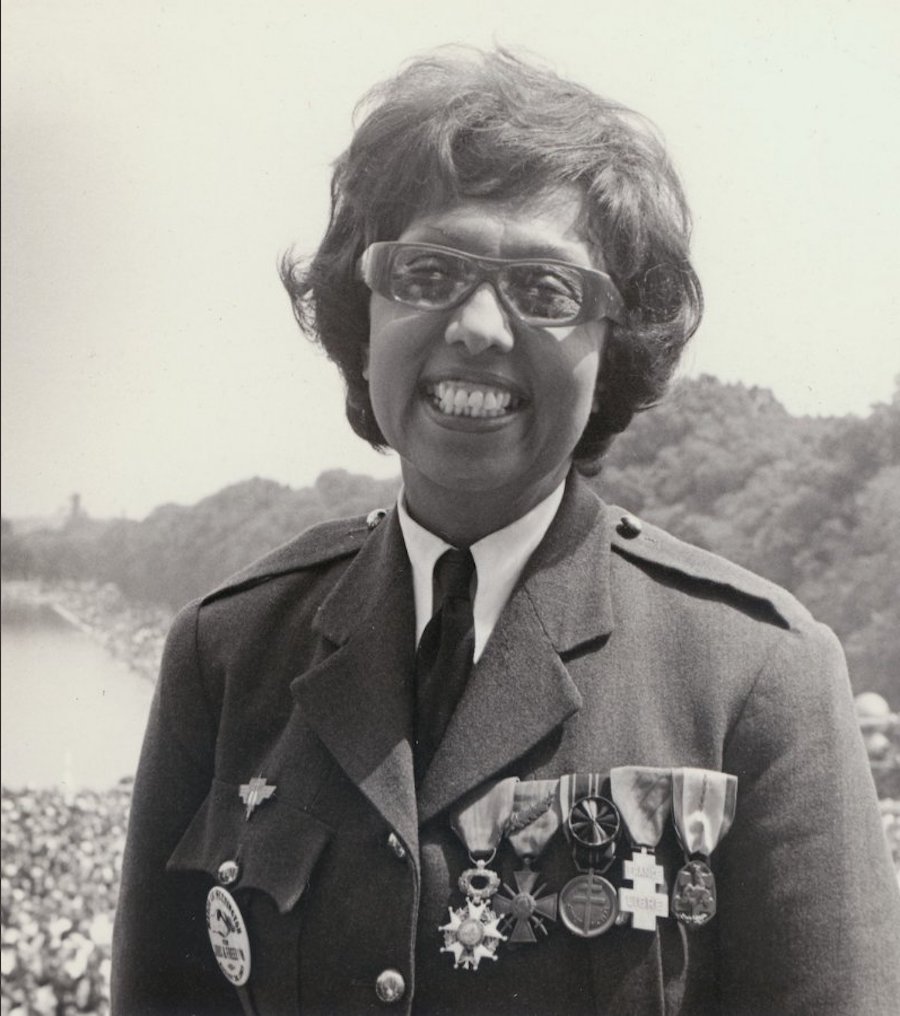Ken Howard, NC Museum of History
Ken Howard is the director of the NC Museum of History. He has held the position since 2007 and is responsible for management and operations, along with programming. Before starting at the museum, he worked as an attorney and in sales and marketing at a number of companies. Ken has a Bachelor’s degree from the University of North Carolina at Chapel Hill and a Juris Doctor degree from Wake Forest University School of Law.

How has the Museum adapted to this new normal?
Well, the last six months have been a little bit different obviously. We closed in early March, and we’ve just now re-opened. What we immediately focused on was our online information. We created a new “History at Home” web page. Spring is our largest visitation time for school kids. So our goal was, everybody’s had to go home, so what do these teachers and students need? We’ve got lots of resources online, but not everybody knows they’re there. So we created a “History at Home” web page so that not only do the teachers and the students have access to it, but families could access it, too.
We’ve got a huge number of podcasts, we’ve got some educational films, and we’ve got some activities that we usually would do in person. We’ve continued to focus on how we can generate even more digital resources. The benefit of that is we’re now reaching people around the world! We’ve had people who have been accessing our resources from England, and Australia, and France, and Canada, and all over the place. Having these digital resources was a huge benefit because now our reach has grown beyond the borders of North Carolina.
We are not stopping those web resources now that we’re open. We’re going to continue to focus on our digital effort. Students and teachers across the state still need resources, and other people have grown accustomed to looking at museums online and using museum resources online. We’re focusing on some new things. We’ve always had our artifact database online, but it’s not been really easy to use and so we’re working with the vendor for that product to go to more of a web interface that is easier to use, and we’re hoping to implement that in the next couple of months.
Those are the kinds of things we’re working on from that standpoint, but we’re very glad to be open. Everybody is wearing a mask; all of our staff have to wear masks. We’ve put lots of hand sanitizers all over the museum. We’ve opened with a new exhibit, called “Beach Music,” which opens to the public this Friday, and we’re working on some other exhibits that we were going to probably push off into next spring because of the lack of funding, but the state legislature came out last week and the governor signed a bill to give the museum foundation some money to support the museums across the state—our division of state history museums. So it looks like we are going to be able to do some projects that we thought we were going to have to put on the sidelines for lack of funding.
When the stay-at-home orders were first issued in March, how did the Museum respond and begin to pivot towards more digital content delivery?
Again, our focus for the last six months has been to bring the museum to you at home. When the school groups started canceling is when we jumped right on the bandwagon of, “How do we find a way to put all of our resources in one location that these teachers can access?” Our staff had already been thinking about some ideas, but we jumped right on it and created this “History at Home” web page. And then we started creating “History and Highballs,” which is an evening lecture series where a bartender will come on in the first few minutes and show you how to make this particular drink, and that’s the drink for the evening, and then we have a lecture on historic houses. We did one on the Bellamy Mansion—it was the very first one we did for Wilmington—and we’ve done some other ones, as well. And we used to have an a-la-carte luncheon series in which people could come to the museum, bring their lunch, and listen to a lecture. And, of course, we couldn’t do that anymore, so we changed it to “History at High Noon” and made that an online lecture series, as well.
A videographer had joined the staff on the marketing side, so he jumped right into doing some virtual tours of a couple of the exhibits and we got those online. And we’re now starting to do one called, “How Did We Get That?” We always get asked, “How did you get this artifact? Where did this artifact come from? What does it do?” So one of our collections specialists decided that we should start doing some short three-minute, four-minute videos to answer those questions. And we just did our first one. It was all about the tire for the space shuttle that was made by Goodyear here in North Carolina and given to the museum years ago.
We’ve also been really active in social media. Our social media folks have really gotten online and done a great job of just putting things out there, and I think our number of followers has really spiked. A lot of the museums have been reporting that social media has gone down for them, but ours has actually gone up.
How do you think the pandemic will change museums?
I think the change is going to be the continuation of digital resources. I think museums in general will have to look at how they take their programs virtual. Just because we’re open now doesn’t mean everybody’s ready to come down and see us, or ready to leave their house. So, I think there’s still going to be a lot of people who are going to stay at home until that vaccine comes out that everybody has taken. There’s still going to be a lot of people that will be reluctant to leave home, but they’re looking for information and looking for fun things they can do at home. And, so, like I say, I think our goal at the North Carolina Museum of History will be to almost double-down on what we’ve already done regarding digital. But at the same time, we want to do things here that will help to bring the people back.

Has your dialogue with the community changed in any significant way?
When all the statues started coming down, that was one big thing for us. People asked us if the Museum was going to take down the statues. The answer was, “No, the museum’s not going to take down the statues.” But a lot of that—including the Black Lives Matter movement—prompted more questions about how we’ve done exhibits, and how we recognize minorities in our exhibits. And to be honest, that has really caused us to go and take a second look at some of the things we’ve done before and led us to say, “Yeah, maybe we didn’t do as much as we should have in this particular exhibit.” Or, “Maybe we should have said more about African-Americans in that particular exhibit.” So, it has prompted us to take another look at how we do things to make sure that we are representing minorities in our exhibits when they come to the Museum.
As everybody says, the old adage is, “You want to see yourself when you go to the museum.” So, we need to make sure that everybody does see themselves when they come to the Museum. I think that’s caused us to really take a long, hard look at some of the things we’re doing. Our new “Beach Music” exhibit, for example, takes a long look at the African-American beaches and where beach music sound came from. It was a lot of R&B from Black bands that the White kids in the 1950s were listening to, sometimes putting the radio under their pillows so their parents wouldn’t hear them listening to it at night. So, I think we’re taking a little bit of a different approach on exhibits than we have in the past.
I think history museums, in my opinion, are going to face a little bit of a challenge with everything that has been going on for the last six months. People don’t realize how important history is. It amazes me that some of the folks who are protesting this year wanted to take down an Abraham Lincoln statue. I think there’s some of that where people don’t know their history, and the fact that we need to preserve history. As everybody says, history teaches you what you should know for the future. You can’t go ahead if you don’t know your past. So, I think some of those things are going to be a little bit more difficult for history museums.
What will the NC Museum of History look like in the future?
Well, hopefully five years from now, you’ll see a building that looks completely new. We are in the middle of an expansion project and we’re in the design process right now. We’re going to move our lobby down to the Jones Street end and put up a big new atrium. We’re getting another Wright Brothers aircraft and we’re going to hang all four of those aircraft in there and do a big exhibit on the Wright Brothers. We’re going to do a whole new lobby that focuses just on the history of the state, because there’s so many things we don’t address now. Even with 20,000 square feet, there are only so many things you can address.
And then we’re going to redo the exhibits up on the third floor. We hope to come up with a brand new sports hall of fame. We’re in the process of doing a military exhibit on North Carolina’s military history. Right now, we’re focusing on World War I and World War II because we did a big exhibit on World War I a couple of years ago, which was very popular, and we built all of these trenches and I didn’t want to tear them all up. So, I challenged the design staff to do another exhibit, a larger exhibit on the military history of North Carolina, but to keep the trenches and use those for World War I and World War II. And then we’ll hopefully also later come back in with Vietnam and Iraq, Afghanistan, in more of an environmental approach than just cases and labels.
What are you most proud of at the Museum?
I think the resiliency of our staff has been great these last six months while the museum has been closed. Some of those people have children at home, have had to balance teaching their kids at the same time they’re trying to get their work done. That is a tremendous accomplishment and I do feel for those folks. I just think we’re very fortunate to have some talented staffs. There are a lot of great people in a lot of museums out there that are just so talented and so caring and really interested in educating the public on whatever their topic happens to be.
I think there have been a lot of challenges, and I think this pandemic has really brought a lot of things to head, probably much quicker. These are probably things we were all going to encounter in the next two or three years, but I think this has brought it to the forefront much faster, forcing us to figure out how we survive in the twenty-first century, and how do we continue to serve the public.




